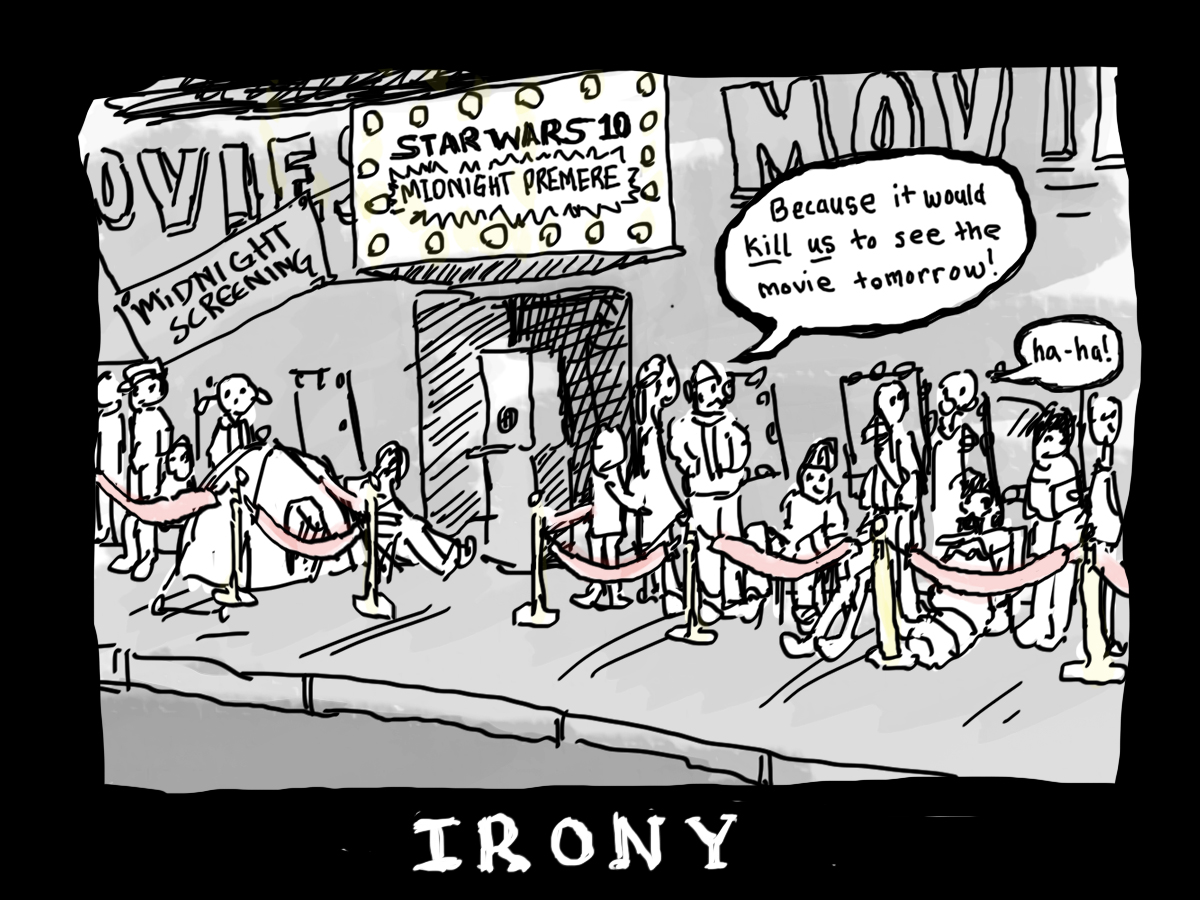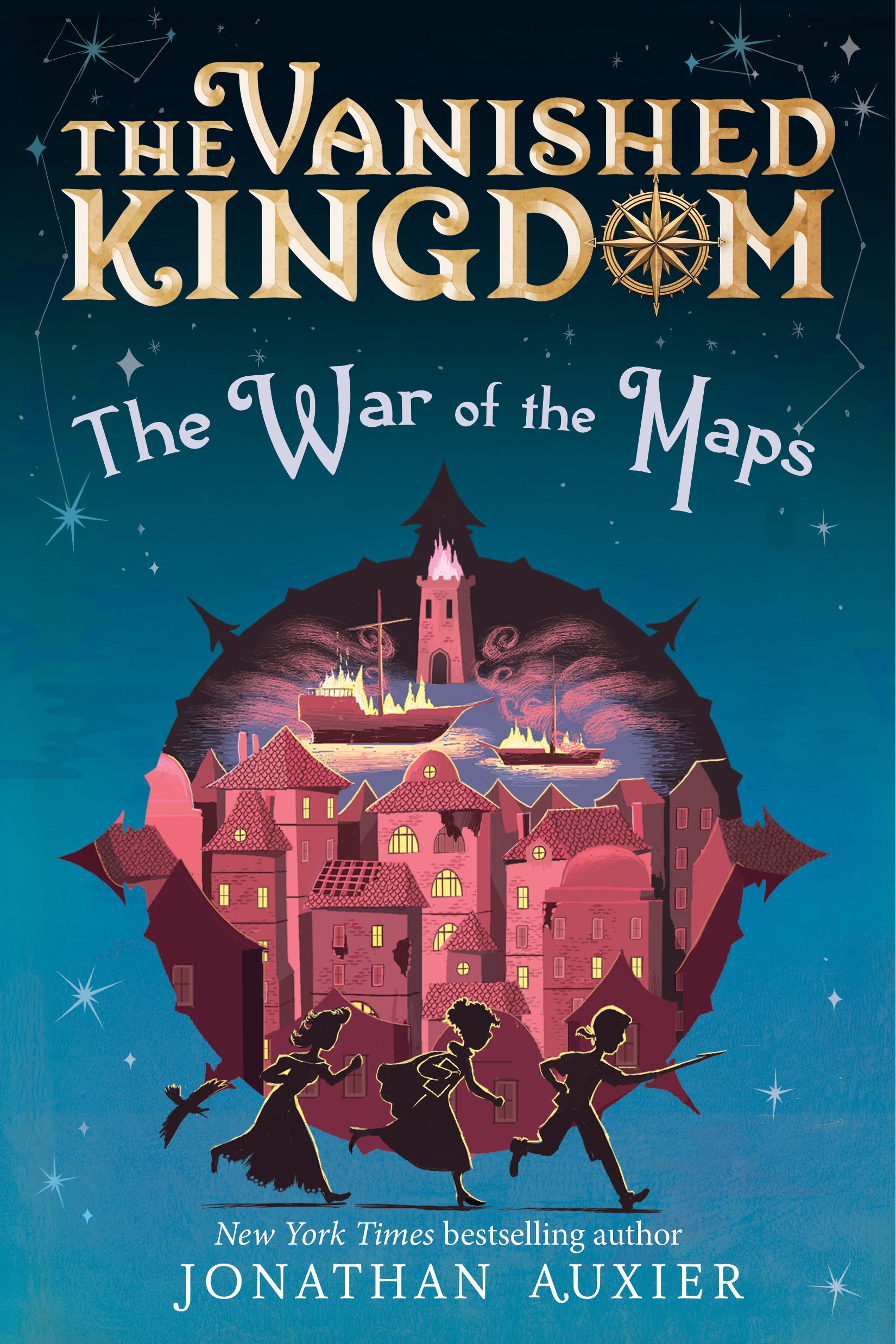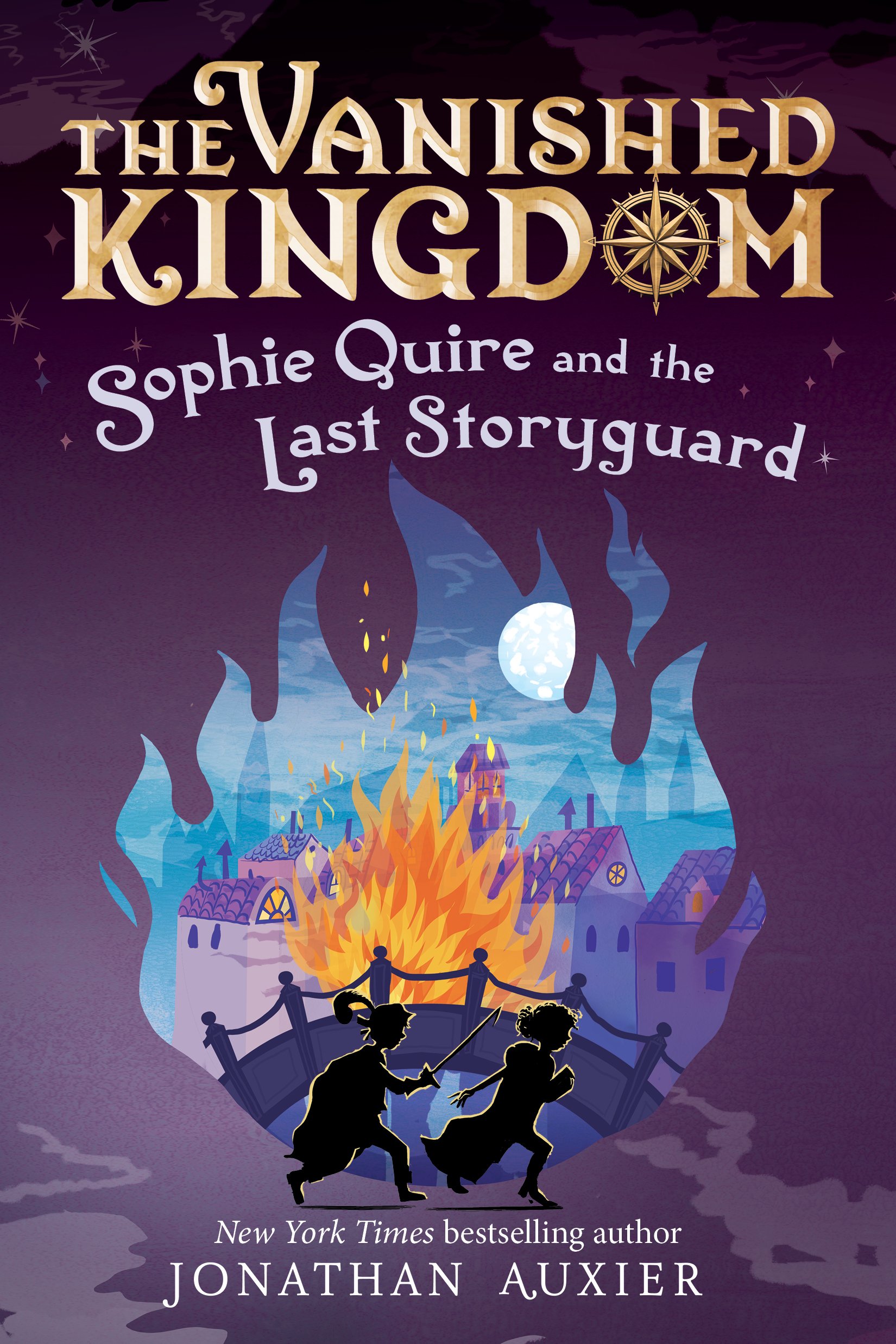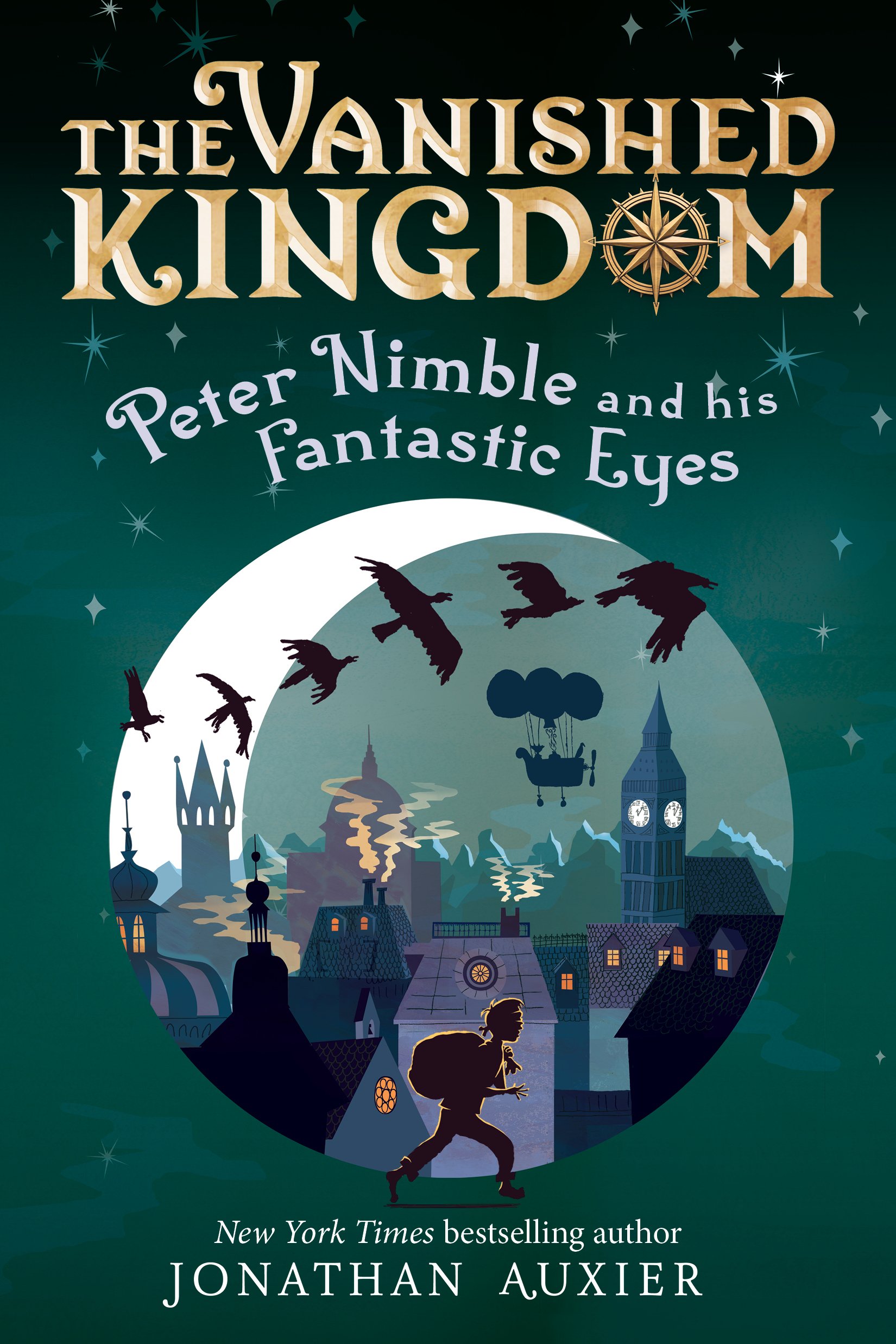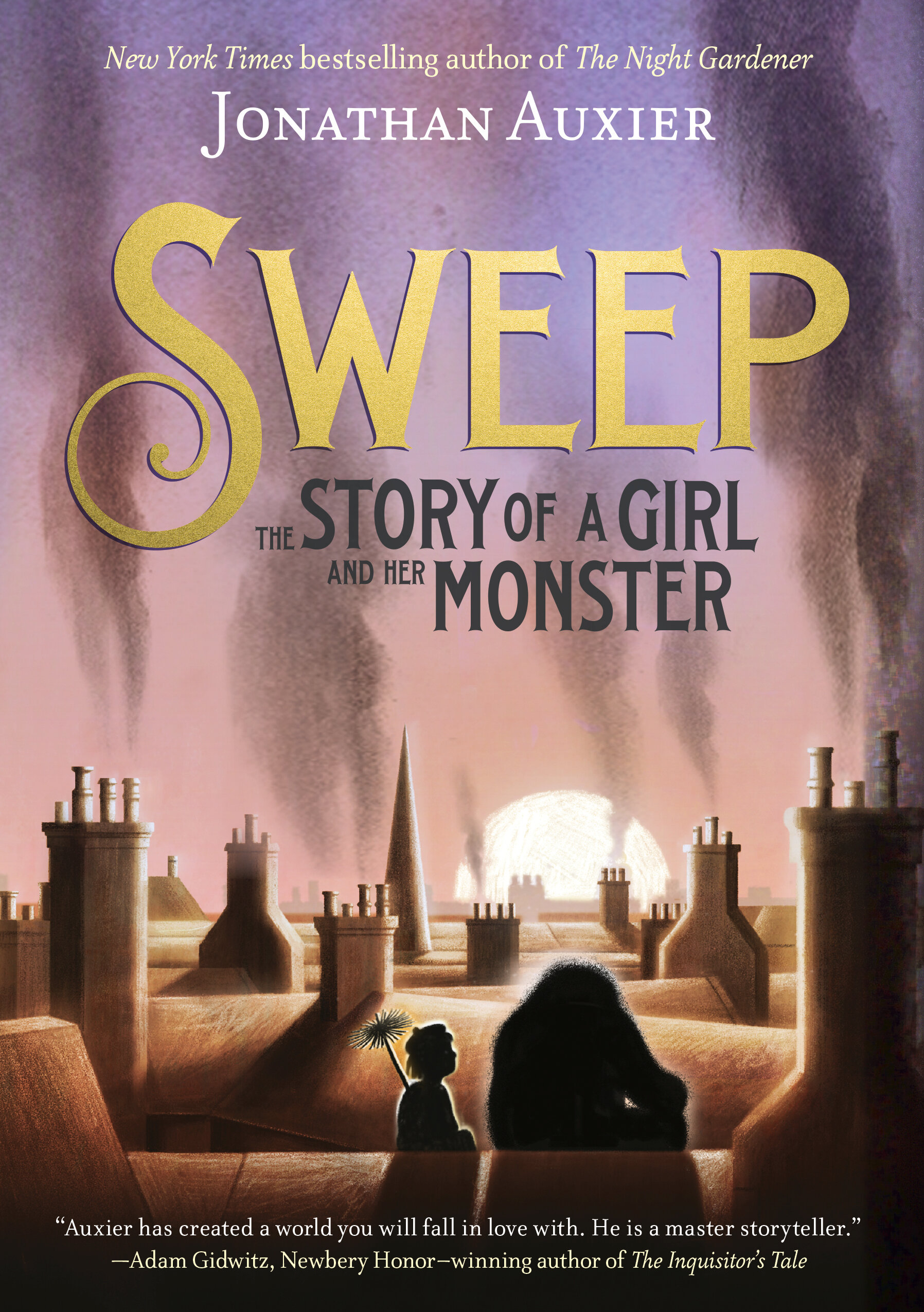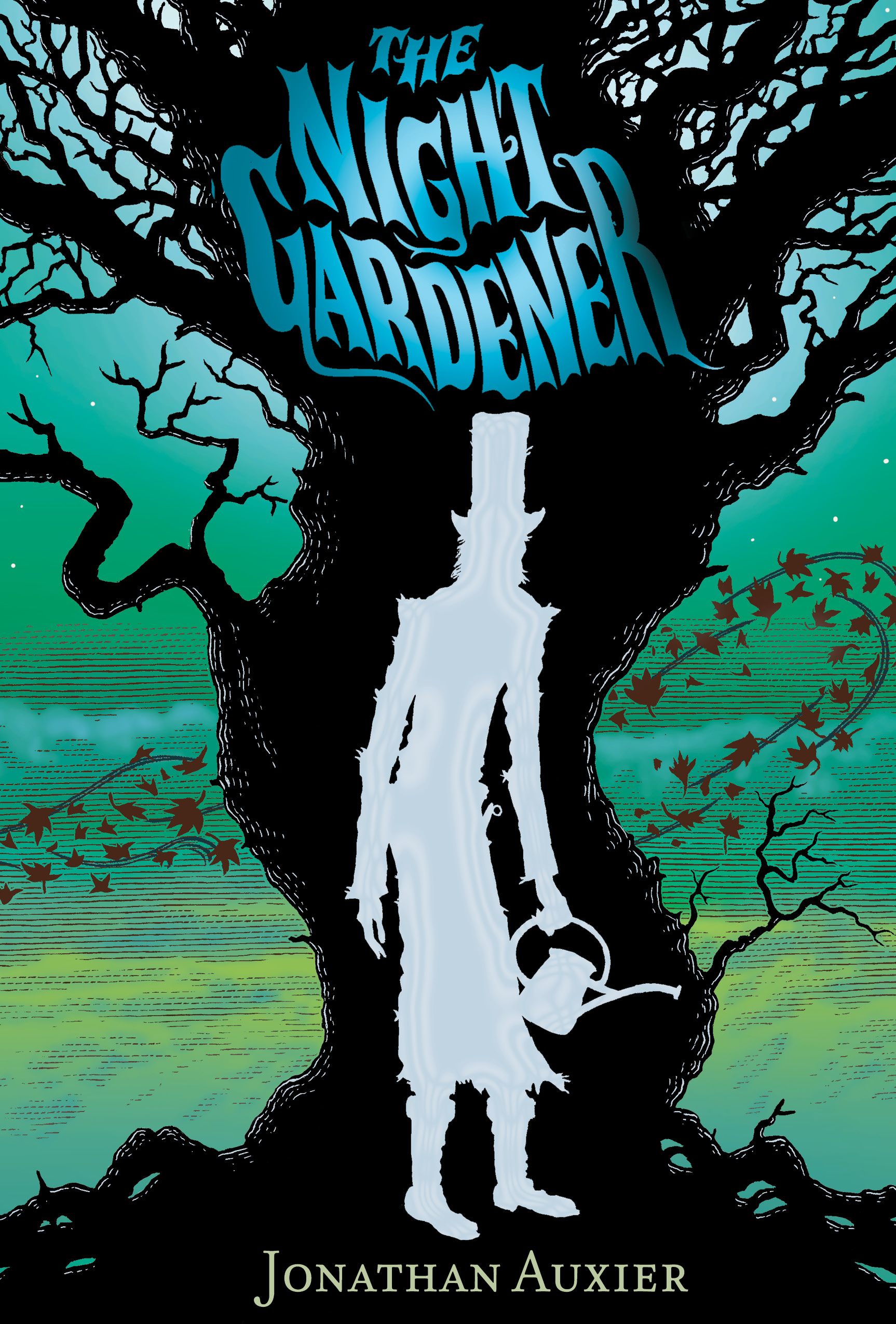Irony vs. Sarcasm
/What's the difference between irony and sarcasm? Most thesauri list them as synonyms, but anyone who's been on the receiving end of either type of humor can tell you the difference at once: ironic statements make you laugh, and sarcastic statements make you cry.
Many a protective parent has assured his or her teased child that sarcasm is the lowest form of humor. And the word sarcasm literally translates to mean "to tear the flesh." But what exactly is it it about a sarcastic statement that makes it a low form of humor? And what makes it "tear the flesh?" I've been mulling over this question for a while now, and I think I've landed on an answer:
Sarcasm happens when the observed irony does not extend to the speaker.
That is to say that an ironic person includes himself among the mocked, whereas a sarcastic person stands outside the situation in judgement. See how it might play out in the below scene involving a bunch of nerds camping outside of a movie theater:
In this instance, the guy making fun of the people is including himself in the joke -- after all, he's in the line, too! But consider what happens when the speaker is not in line with the others:
Sarcasm is the one kind of joke that can be made by someone who does not actually find something funny -- it is humor for the humorless. In life, I have a problem with sarcasm because I don't believe that any person has the right to laugh at others unless he can first laugh at himself.
And what about sarcasm in storytelling?
To be clear, I'm all for sarcastic characters (I enjoy Holden Caulfield as much as the next guy!). But sarcastic authors are a different thing altogether. Sarcastic authors attempt to point out absurdities in the world, but they try to do it from a safe distance -- never letting themselves become a part of the joke. The only way to do this is by creating straw men for the express purpose of knocking them down. Ironically(!), this ends up undercutting the author's initial goal, because now instead of critiquing the world, he is critiquing some flimsy characters who bear little resemblance to the world.
The end result is a thing neither funny nor true.

